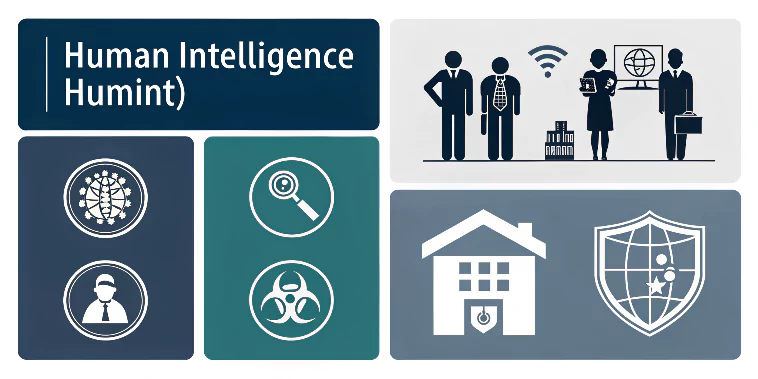

Unlock the Power of Human Intelligence (HUMINT)
Human Intelligence (HUMINT) is a game-changer for security professionals and law enforcement, offering insights that no other method can reach. It’s the key to uncovering and mitigating threats, understanding adversaries’ motivations, and building effective, targeted security strategies.
In investigative work, HUMINT empowers law enforcement to identify suspects, understand behaviors, and build strong, compelling cases. It provides an inside look into criminal organizations, significantly strengthening efforts against organized crime.
Mastering HUMINT techniques—such as effective interviewing, reading body language, and analyzing verbal and non-verbal cues—gives professionals a competitive edge. Building trust and rapport is equally vital, ensuring intelligence is accurate and valuable.
The success of HUMINT hinges on the skill and experience of its practitioners. Effective HUMINT requires deep insights into human behavior, cultural sensitivity, and excellent interpersonal skills, all while upholding ethical and legal standards to protect sources and maintain integrity.
Overall, HUMINT is indispensable, enriching intelligence and law enforcement with unique perspectives on human behavior and intentions that complement other intelligence methods. Let HUMINT elevate your approach to security and investigations.
What is Intelligence?
The ability to acquire information and to apply knowledge and skills to support informed decision making.
Role of Intelligence
To collect and evaluate information in creating actionable intelligence to solve a case threat prevention.
How is HUMINT Defined?
The process of gathering intelligence through interpersonal (human) contact and engagement
Sources of HUMINT